Where will the focus on SHANK genes lead?
Geneticists react to discoveries and identify next steps for one of autism’s most promising candidate genes.
Geneticists react to discoveries and identify next steps for one of autism’s most promising candidate genes.
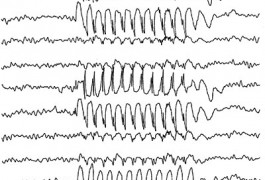
Activating cells in the cerebellum, a brain region usually associated with movement, eliminates seizures in a mouse strain that normally has hundreds of seizures a day, according to results presented Saturday at the 2013 Society for Neuroscience annual meeting in San Diego.
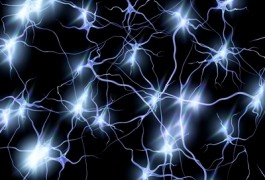
SHANK3, one of the strongest candidate genes for autism, has the potential to be a molecular entry point into understanding the synaptic, developmental and circuit origins of the disorder.
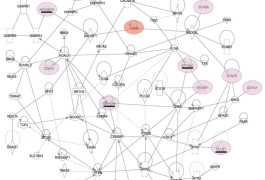
Mutations in GABRB3, a brain receptor linked to autism, are prevalent in severe childhood epilepsy, according to a study published 12 September in Nature.
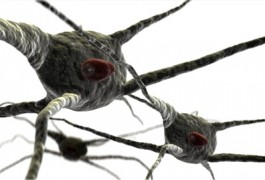
Newborn mice with an autism-linked mutation in neuroligin-3, which stabilizes junctions between neurons, have abnormal brain chemistry, according to a study published 4 June in Frontiers in Cellular Neuroscience.
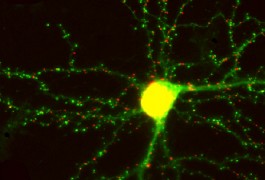
Researchers have found a new way to light up proteins in living cells, revealing the connections between neurons, according to a study published 19 June in Neuron.

Using a little-known brain-imaging technique, a new study shows that children with autism have low levels of gamma-aminobutyric acid (GABA), a chemical that keeps brain signals in check.

The mutation that causes tuberous sclerosis complex, an autism-related disorder, may disable calming signals in the brain, leading to hyperactive neurons, according to a study published 8 May in Neuron.

Two different autism-linked mutations in the same gene implicate the endocannabinoid system, which regulates appetite, mood and memory, in autism, according to a study published 8 May in Neuron.
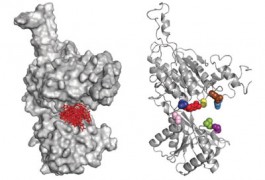
Researchers can use light to activate certain proteins that receive signals at the junctions between neurons and that are key targets for fragile X syndrome therapies, according to a study published in the April issue of Nature Neuroscience.